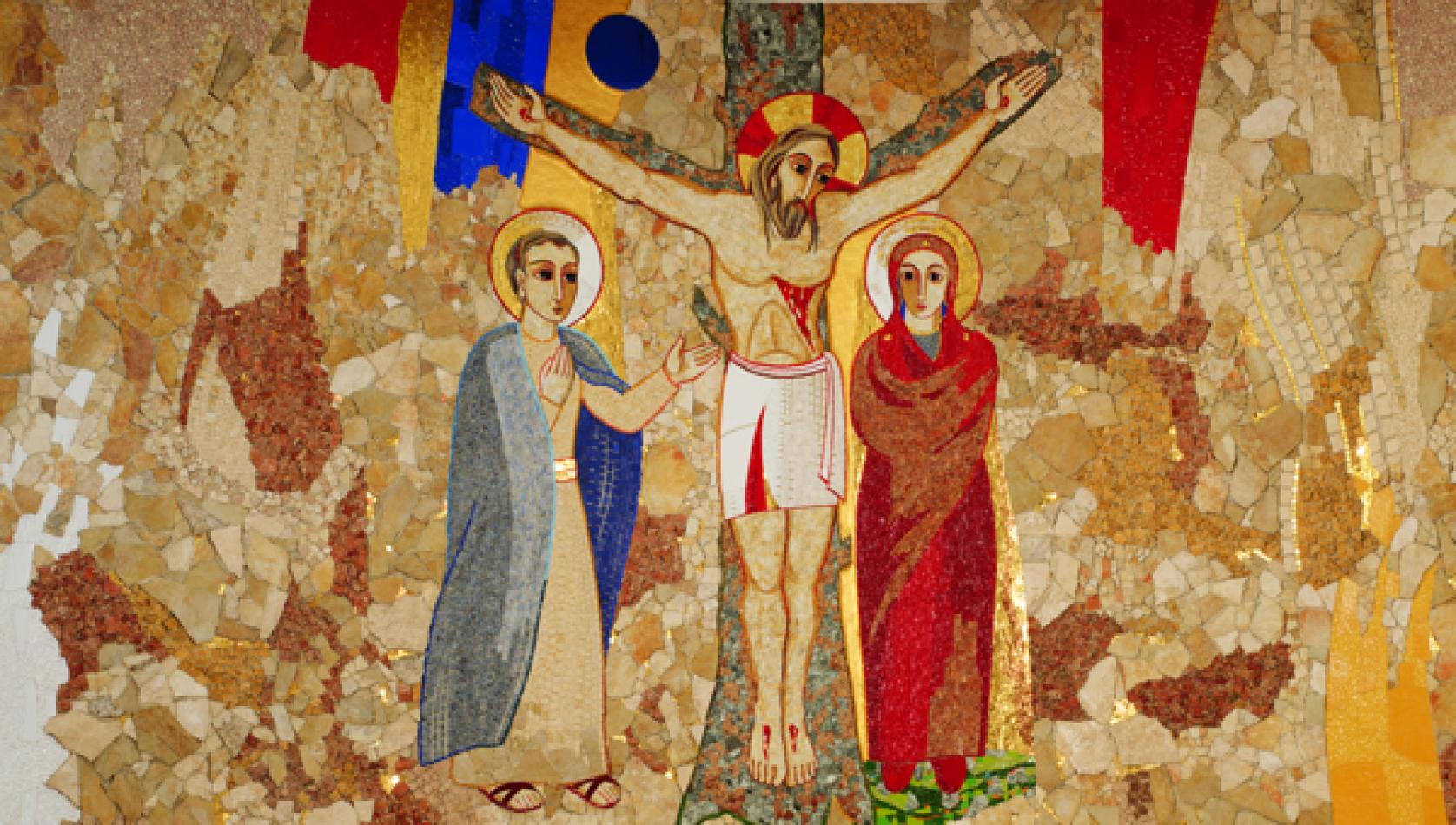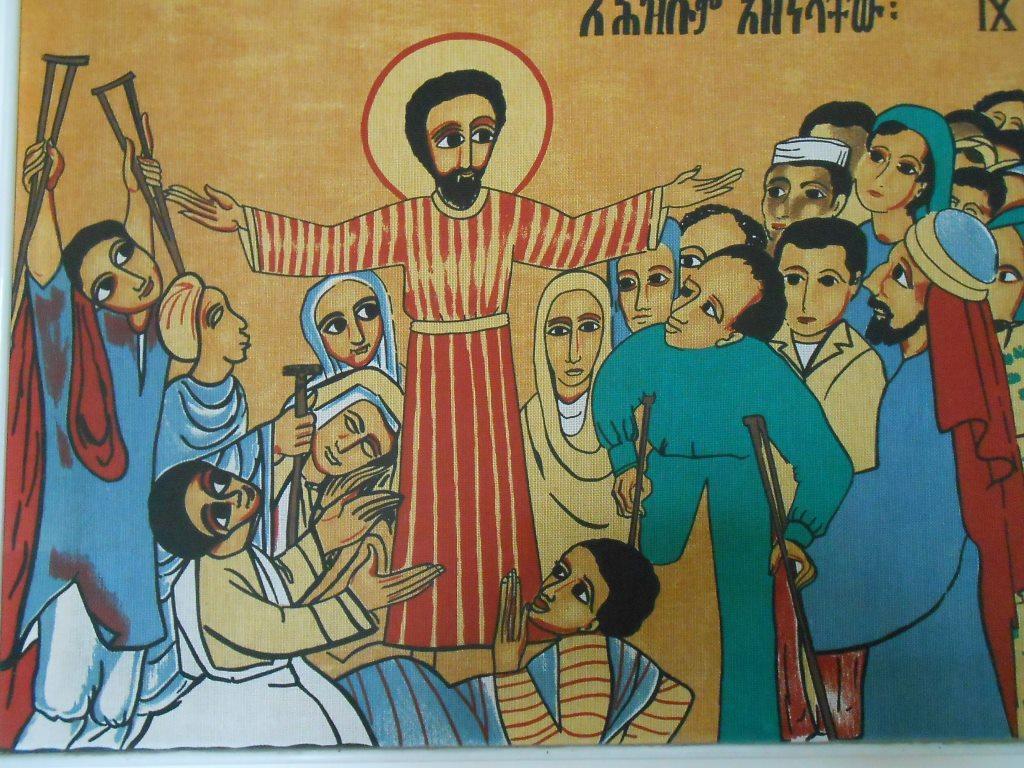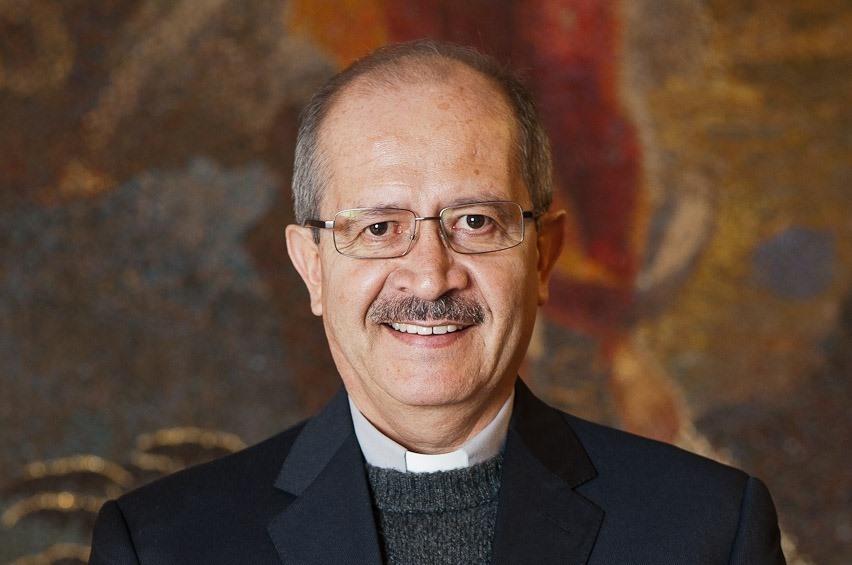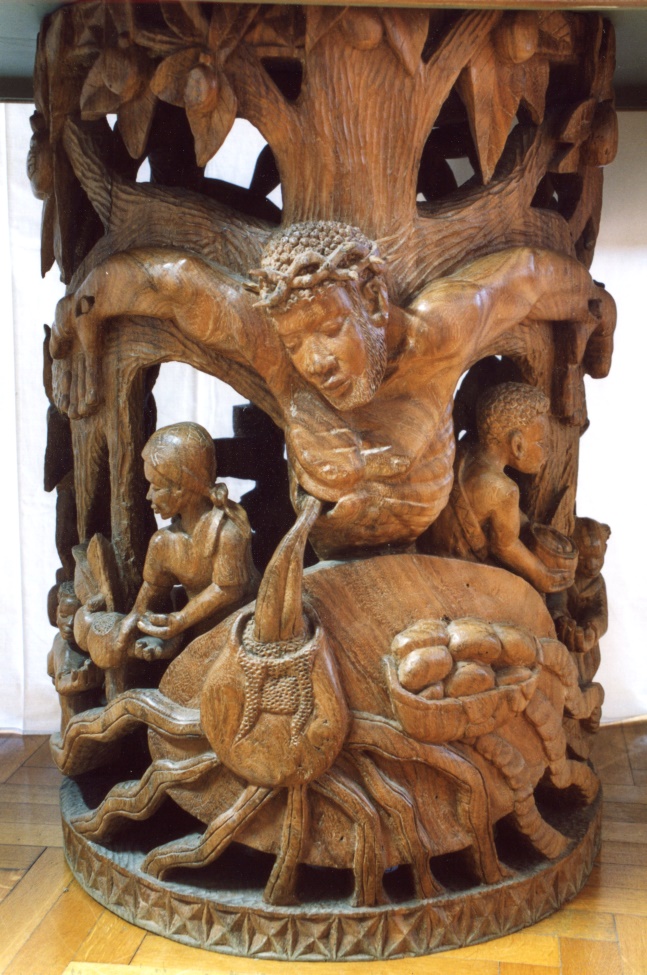Daniel Comboni
Comboni Missionaries
Institutional area
Other links
Newsletter
Wednesday, May 30, 2018
The Pierced Heart of the Good Shepherd calls us to make a constant gift of ourselves and all that we are. The mission is that of self-offering without expecting anything in return, of pouring out one’s life for others. This is our consecration: to make of our life an instrument of the mercy of the Father incarnate in the charism given to Comboni. (The General Council, mccj).
THE HEART OF JESUS
MISSION OF COMPASSION
Moved with compassion, Jesus stretched out his hand, touched him and said: «Of course I want to, be cured!»
(Mk 1:41)
This simple action of Jesus is full of meaning and strongly expresses his attitude towards the marginalised. It is an act of rebellion against injustice that is based on a socio-religious system of exclusion. In this way the Father reveals himself to us (Col 1:5), in a Son who, travelling the roads of Palestine, dares to touch a leper to heal him. Already in the first chapter, Mark reveals to us how Christ, the visible face of God who sent him, is capable of loving, with a heart that overflows with compassion (Mk 1:1).
Devotion to the Heart of Jesus has been, since the beginnings of our Institute, a source of spirituality in which our mission is firmly rooted. Through it we enter into the intimate person of Jesus, his attitudes, his desires and his vision of the new world that the Beatitudes announce. Therefore, their contemplation reveals to us the core of our consecrated life: the central place of the love of God as the key to reading the History of Salvation. It is a love that incarnates itself and defines itself as total passion for humanity (CA 2015, No. 22). Personal prayer is a qualified space for going more deeply into this mystery since it is an intimate encounter with Jesus in humility. In this way it becomes an experience of pardon, acceptance and gratuitousness that transforms us and moulds us according to his Heart.
The Pierced Heart of the Good Shepherd calls us to make a constant gift of ourselves and all that we are. The mission is that of self-offering without expecting anything in return, of pouring out one’s life for others. This is our consecration: to make of our life an instrument of the mercy of the Father incarnate in the charism given to Comboni. Our history, with all its limits and incoherencies, leaves us with the indelible witness of confreres who consumed their life to the end for the sake of the Gospel. Men who allowed themselves to be moulded in a cycle of never ending conversion through the experience of relating to the love of the Father, becoming bread for the hungry and hope for the desperate ones (CA 2015, No. 14).
Mark speaks to us of the life of a man whose principal characteristic is compassion, because this is the face that the Father wanted to show us. His attention to the poorest thus becomes a constituent element of the mission of the Church. This is an aspect that is clearly present in Comboni (W 2647). The contemplation of the Heart of Jesus moves us to being especially close to the excluded and calls us to seek them in new environments where live is relegated to the margins. At the same time, our style of life, which may become an obstacle to the dynamism and flexibility of the mission of today, is questioned. All our activities and reflections must come from below, from contact with humanity nailed to the Cross. This is the most radical expression of the total offering of the Son and is still today very much present in some countries where we operate, countries ravaged by war and other forms of violence. Our missionary presence is a sign of the love that wells up from the Heart of Jesus (RL 3.3).
Comboni, a man marked by the religious experience of his time, developed his own missionary dimension of the spirituality of the Heart of Jesus. The total gift of the Father in the Son is a sign of love that opens us up to new hope. The Kingdom is a programme of the liberation of life in its fullness (W 3323). This deep conviction led him to travel thousands of kilometres on the Nile and in the desert, risking his life because he saw the pierced Christ as a source of life for the remotest. The audacity of our Founder in opening new frontiers of evangelisation is part of our spirituality and mission. Revisiting the Rule of Life is also an opportunity to grow in passion for the Gospel while seeking out those who are forgotten.
The challenges of the world of today render our mission urgent. We live in times of expectations and desire for new political, economic and social structures. There is a deep and sincere search for meaning but it often finds only shallow answers that merely lead to alienation and nihilism. The folly of the Gospel (1 Cor 1:25) transforms the heart and the world; our Institute is still called to travel the road, with the compassion of Jesus and touch the lepers of today.
May the feast of the Sacred Heart give us the grace to continue growing in love.
The General Council, mccj





